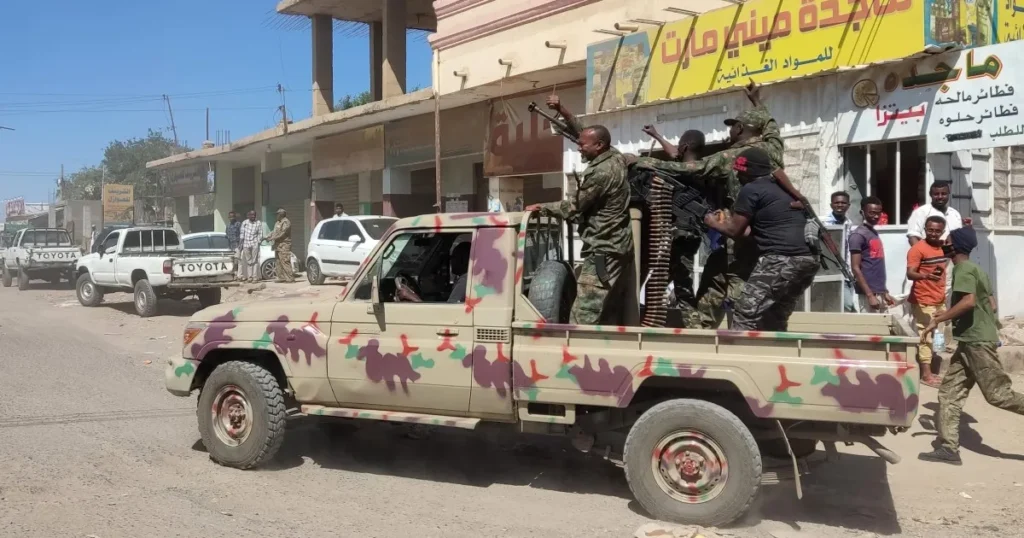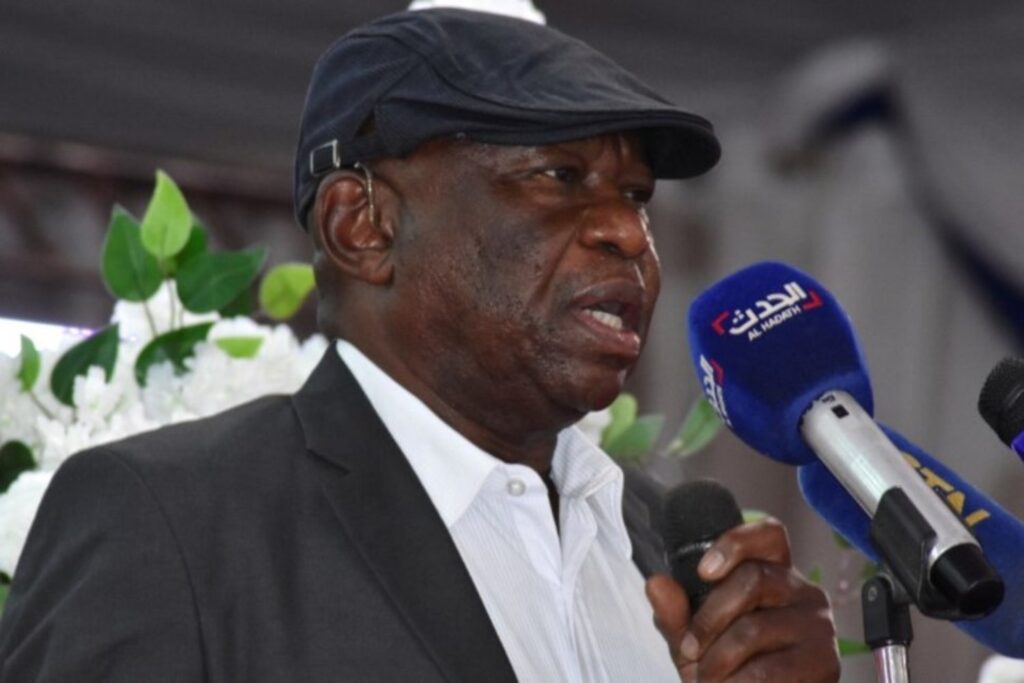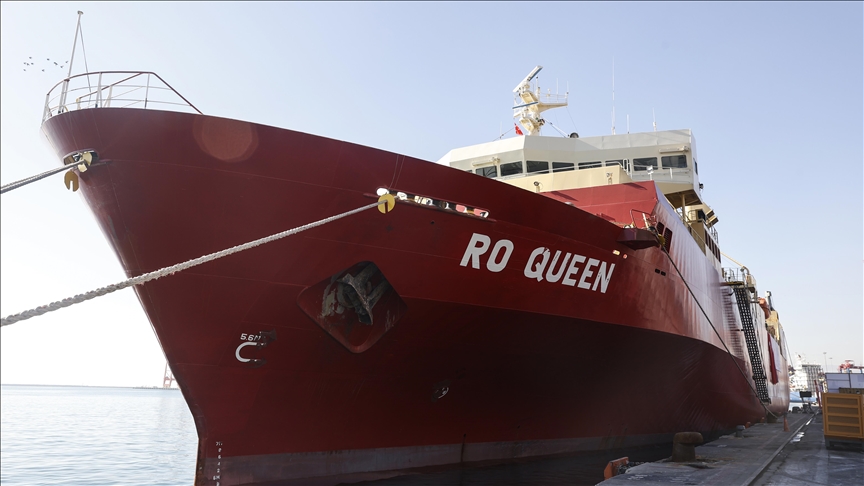
Sudanese fleeing the civil war have sought safety in camps along Chad’s eastern border. Since April 2023, more than 870,000 refugees have arrived in Chad, far exceeding numbers in Libya and South Sudan. While these camps protect many women and children, conditions remain difficult and resources scarce.
Many refugees live in temporary shelters without adequate sanitation or enough food. Malnutrition and family separations deepen the suffering of displaced Sudanese, especially young children.
Access to healthcare and education is limited, putting further strain on these communities. Three NGOs are working to improve life for Sudanese refugees in Chad.
International Medical Corps, active since the Darfur conflict, provides nutrition, maternal care, and mental health support. Their focus on psychological aid helps refugees cope with trauma amid ongoing crisis.
Doctors Without Borders has expanded medical services to meet growing demand in camps like Adré. They offer surgery, child healthcare, care for survivors of sexual violence, mental health assistance, and vaccinations.
To ease pressure on facilities, a 200-bed inflatable hospital was recently deployed at Adré. Jesuit Refugee Services focuses on education, offering schooling from preschool to secondary levels.
They collaborate with local authorities to include camp schools in Chad’s national education system. Through ties with the University of Abéché, refugee students can gain teaching credentials and help address teacher shortages.
Despite tough conditions, these NGOs provide essential support and hope for displaced Sudanese families. Ongoing international aid and attention are vital to meeting the growing needs of this vulnerable group.




